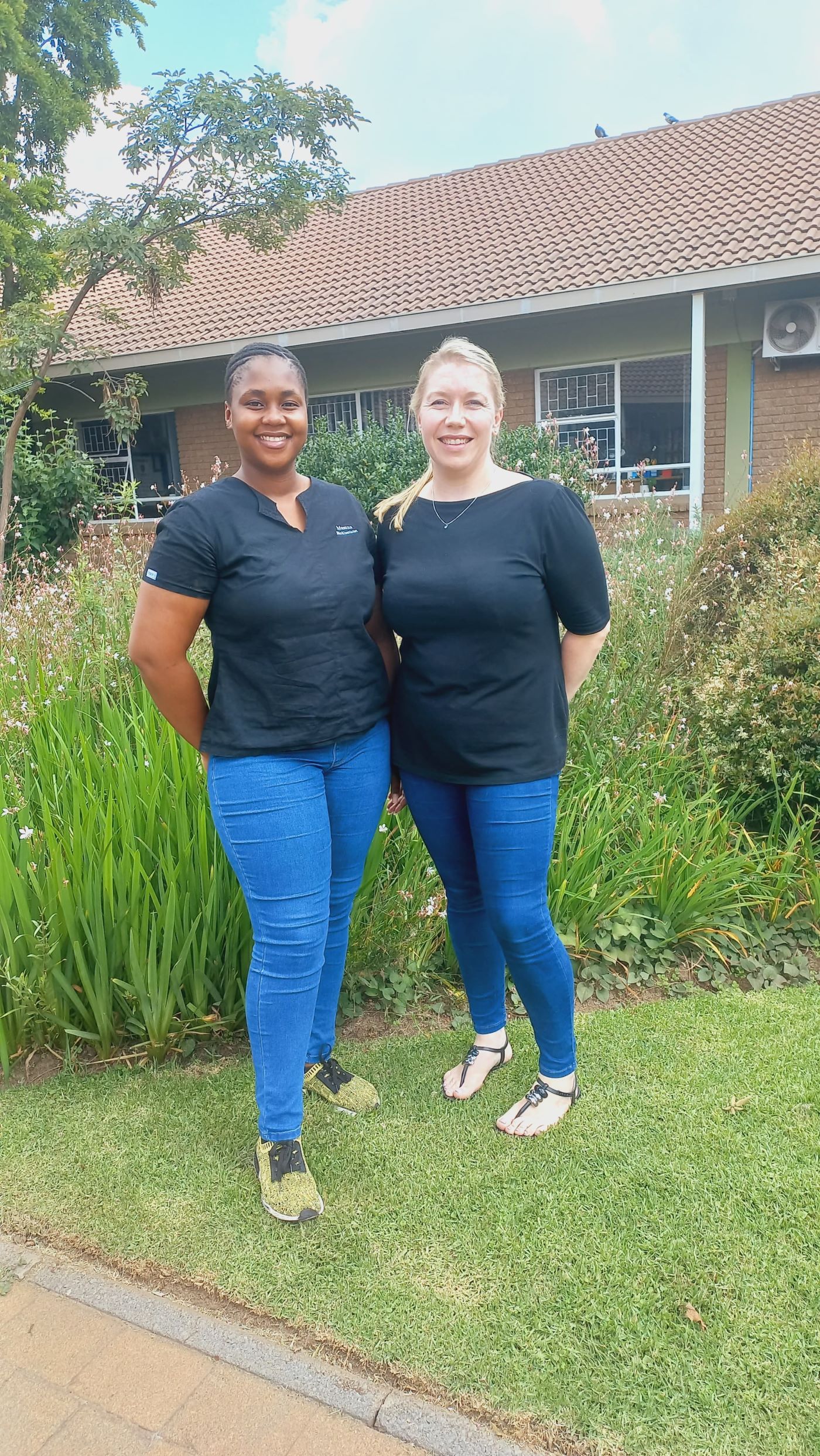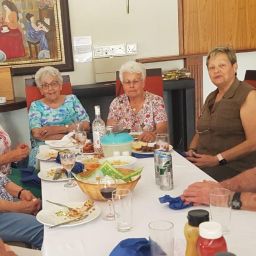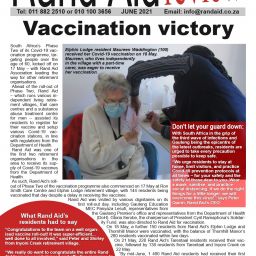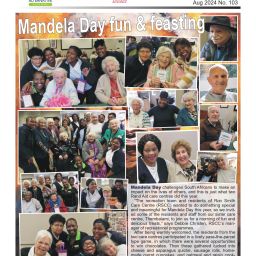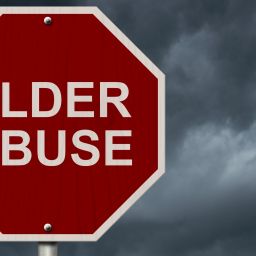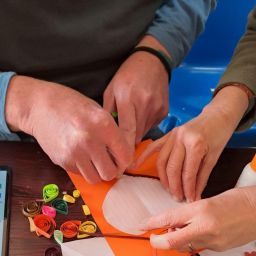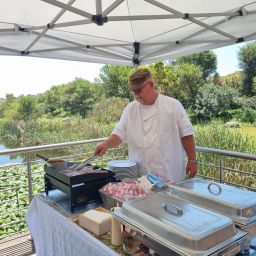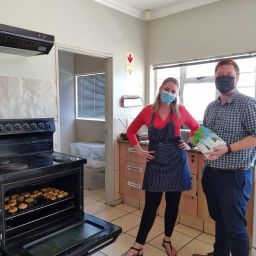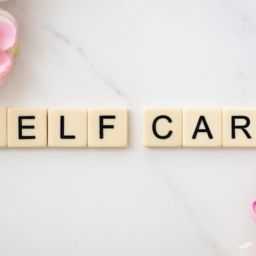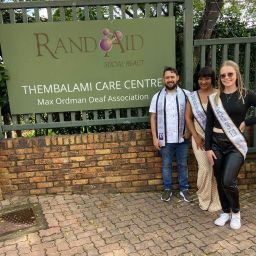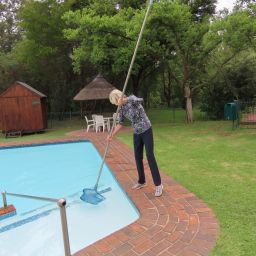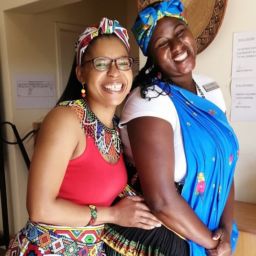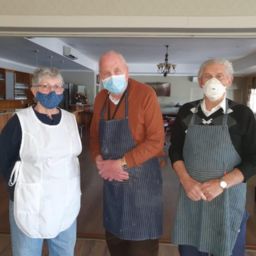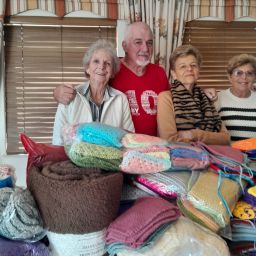Does your biological age match your actual age? This is the question that was posed by a biokinetic in her address to Elphin Lodge residents.
Julia Wright, ably assisted by fellow biokineticist Masana Ndlovu, unpacked active ageing for the residents of the Rand Aid-run retirement village on January 25.
They explained that ageing can be viewed in two different ways. Your chronological age is the date you were born, and that is fixed. You cannot change it. Your biological age is how you age. How well, able, strong and independent you are.
“As an adult, and especially as an older adult, your biological age becomes much more important, and your chronological age means very little at this point,” explained Julia.
It was explained that how you age is complicated and is affected by many variables, including genetics, lifestyle choices, and chronic conditions.
“But the one thing that will accelerate the ageing process is inactivity,” she emphasised.
All adults, regardless of age, should be doing a minimum of 150 minutes of moderate-intensity exercise per week. This equals 30 minutes five days a week. The 30 minutes can further be broken down into 3×10-minute sessions, but no shorter than 10 minutes at a time.
“You should be able to feel your breathing rate increase, you should start to feel warmer and you should be able to talk but not hold an easy conversation. If you are working at this level, your body will be forced to adapt and improve.”
The biokineticists explained that a well-balanced exercise programme includes cardiovascular, flexibility, strength and balance components.
“As biokineticists, we are exercise specialists who use scientifically based, individualised exercise and physical activity programmes to treat your various medical conditions. We are here to guide you through what can be a daunting process of starting to exercise in a safe and caring manner.
“The important thing is that everybody is different. You need to listen to your body and gradually progress your exercise programme. If you have any pre-existing medical conditions, it is important to be screened by your doctor or biokineticist before embarking on an exercise programme to reduce your risk of suffering from a cardiac event, or other adverse event.”
*Contact: Julia Wright Biokineticist: Phone: 011 880 4719, WhatsApp 079 834 5665 or email info@jwbio.co.za
Caption:
Biokineticists Julia Wright and Masana Ndlovu.
Does your biological age match your actual age? This is the question that was posed by a biokinetic in her address to Elphin Lodge residents.
Julia Wright, ably assisted by fellow biokineticist Masana Ndlovu, unpacked active ageing for the residents of the Rand Aid-run retirement village on January 25.
They explained that ageing can be viewed in two different ways. Your chronological age is the date you were born, and that is fixed. You cannot change it. Your biological age is how you age. How well, able, strong and independent you are.
“As an adult, and especially as an older adult, your biological age becomes much more important, and your chronological age means very little at this point,” explained Julia.
It was explained that how you age is complicated and is affected by many variables, including genetics, lifestyle choices, and chronic conditions.
“But the one thing that will accelerate the ageing process is inactivity,” she emphasised.
All adults, regardless of age, should be doing a minimum of 150 minutes of moderate-intensity exercise per week. This equals 30 minutes five days a week. The 30 minutes can further be broken down into 3×10-minute sessions, but no shorter than 10 minutes at a time.
“You should be able to feel your breathing rate increase, you should start to feel warmer and you should be able to talk but not hold an easy conversation. If you are working at this level, your body will be forced to adapt and improve.”
The biokineticists explained that a well-balanced exercise programme includes cardiovascular, flexibility, strength and balance components.
“As biokineticists, we are exercise specialists who use scientifically based, individualised exercise and physical activity programmes to treat your various medical conditions. We are here to guide you through what can be a daunting process of starting to exercise in a safe and caring manner.
“The important thing is that everybody is different. You need to listen to your body and gradually progress your exercise programme. If you have any pre-existing medical conditions, it is important to be screened by your doctor or biokineticist before embarking on an exercise programme to reduce your risk of suffering from a cardiac event, or other adverse event.”
*Contact: Julia Wright Biokineticist: Phone: 011 880 4719, WhatsApp 079 834 5665 or email info@jwbio.co.za
Biokineticists Julia Wright and Masana Ndlovu.


